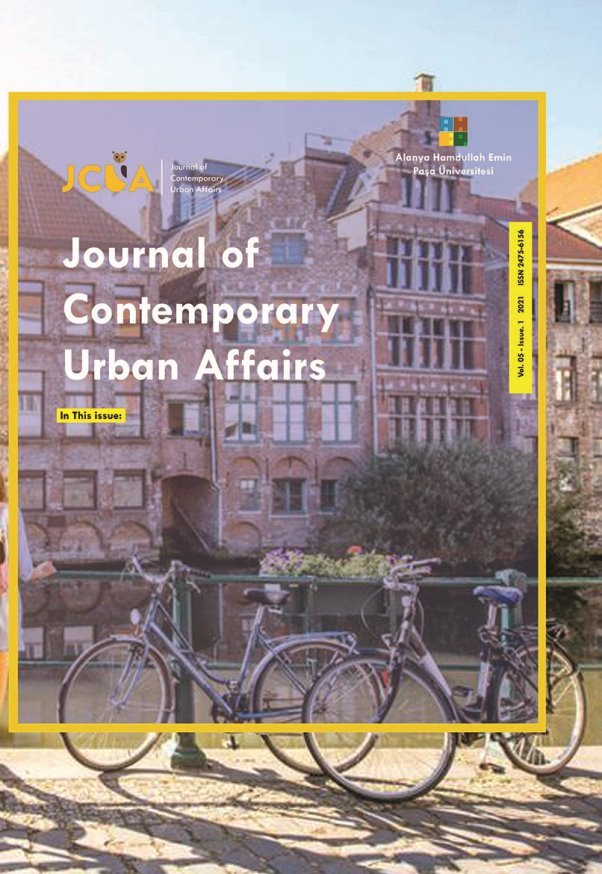
Journal Of Contemporary Urban Affairs
Yazarlar: Tahmina Rahman, iate Md. Nawrose Fatemi
Konular:-
DOI:10.25034/ijcua.2021.v5n2-6
Anahtar Kelimeler:Urban Liveability,Dimension of Liveability,New Town Development,Satellite Townships,Osaka,Dhaka
Özet: Since the 1960s, new town developments within large metropolises have been widely adopted to decongest the city centres, especially in Asian cities. This paper provides a brief account of the liveability dimensions of two new townships developed in large metropolitan areas: Senri New Town in Osaka and Purbachal New Town in Dhaka. The study primarily draws on master plans of the two developments to identify how the components of the plans reflect the physical, social, functional and safety dimensions of a proposed liveability framework. The methodology combines a review of masters plans with scholarly and grey literature on the two new town developments. The findings show while the social and functional dimensions are integrated with Senri New Town; Purbachal New Town, though more recent, appears to have missed opportunities for diversifying density, social mix and mass transit. The paper concludes that the comparative case, Senri-New Town provides insights on how public-private people participation can leverage citizen-centred design for more liveable residential living environments in developing cities.